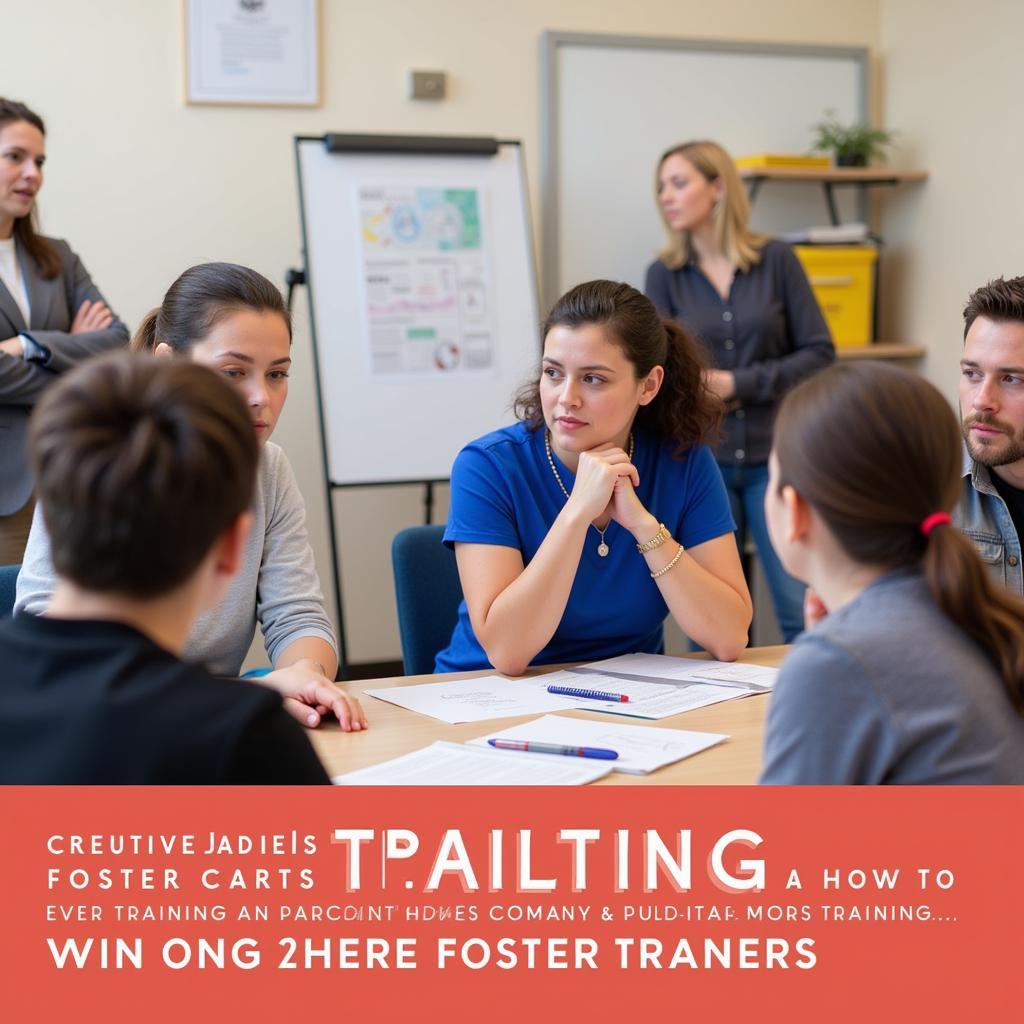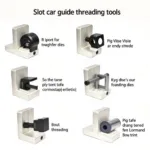Foster carer assessment tools are essential for ensuring the safety and well-being of children in foster care. These tools help assess potential foster carers’ suitability and preparedness for this challenging yet rewarding role. Understanding these assessment tools is crucial for both prospective carers and agencies involved in the foster care system.
Understanding the Importance of Foster Carer Assessment Tools
Choosing the right individuals to care for vulnerable children is paramount. Foster carer assessment tools provide a structured and comprehensive approach to evaluating potential carers. These assessments delve into various aspects of a prospective carer’s life, including their personality, family dynamics, parenting skills, and ability to provide a safe and nurturing environment. The ultimate goal is to match children with carers who can best meet their individual needs and support their development.
Key Components of Foster Carer Assessment Tools
Most foster carer assessments involve a combination of interviews, observations, background checks, and standardized questionnaires. These tools are designed to assess a wide range of competencies, including:
- Parenting skills: How does the prospective carer interact with children? What are their disciplinary strategies? Do they understand child development?
- Emotional stability: Can the carer handle stressful situations? Do they possess resilience and empathy?
- Family dynamics: What is the relationship like between family members? Is the home environment stable and supportive?
- Motivation: Why does the individual want to become a foster carer? What are their expectations and long-term goals?
- Safety and security: Is the home environment safe and free from hazards? Does the carer understand child protection procedures?
- Support network: Does the carer have a strong support system in place? Who can they rely on for assistance and guidance?
Common Foster Carer Assessment Tools and Their Applications
Various assessment tools are used in the foster care system, each with its own strengths and focus. Some of the more widely used tools include:
- The Structured Analysis Family Evaluation (SAFE) Home Study: This tool provides a comprehensive framework for assessing a family’s strengths and needs. It includes interviews, observations, and a review of relevant documents.
- Child and Adolescent Needs and Strengths (CANS): CANS is a tool used to assess the needs and strengths of children and adolescents. It can be used to inform placement decisions and develop individualized care plans.
- Assessment Checklist Series: These checklists cover a range of topics relevant to foster care, such as safety, parenting skills, and child development.
Choosing the appropriate assessment tool depends on the specific requirements of the agency and the needs of the children being placed.
Navigating the Assessment Process
The assessment process can be daunting, but it’s essential to remember that the goal is to ensure the best possible match between children and carers. Prospective carers should approach the process with honesty and openness. It’s an opportunity to demonstrate their commitment to providing a loving and supportive home for a child in need.
Preparing for the Foster Carer Assessment
Preparation is key to a successful assessment. Prospective carers should take the time to:
- Research the process: Understand the steps involved and the criteria used for assessment.
- Gather necessary documents: This might include birth certificates, marriage licenses, and background checks.
- Reflect on your motivations: Be prepared to discuss your reasons for wanting to become a foster carer.
- Consider your strengths and weaknesses: Be honest about your capabilities and areas where you might need support.
Conclusion
Foster carer assessment tools play a vital role in ensuring the well-being of children in foster care. By carefully evaluating prospective carers, agencies can match children with individuals who can provide them with the love, support, and stability they need to thrive. Understanding these tools is crucial for anyone considering becoming a foster carer.
FAQ
- How long does the assessment process take?
- What are the most common reasons for being declined as a foster carer?
- What kind of support is available for foster carers?
- Can single people become foster carers?
- What are the age requirements for fostering?
- What are the different types of foster care?
- How are foster children matched with carers?
Need further assistance? Contact us via WhatsApp: +1(641)206-8880, Email: [email protected] or visit us at 910 Cedar Lane, Chicago, IL 60605, USA. We have a 24/7 customer support team.


